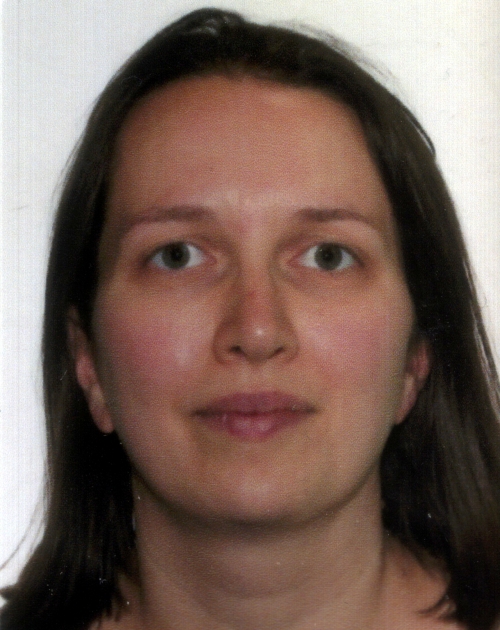Two Heads Are Better Than One – Why Teachers Should Talk To Their TAs

Secondary teachers, take it from a TA – this could be the most important thing you read today…

- by Abi Joachim

What does collaborative planning mean to you?
At a guess, it involves sharing resources with fellow teachers, developing ideas in team meetings and observing best practice. But does it involve your teaching assistant?
In primary schools, participation of support staff in the planning process seems to be commonplace. However, this becomes more challenging in a secondary setting.
I became aware of how universal this issue is during a networking session at a recent conference. Sitting with a group of fellow TAs, talk inevitably descended into moans and groans about the frustrations of our day-to-day role. As the discussion turned to planning, the comment, “You only see a lesson plan when Ofsted is coming,” was met with knowing looks and murmurs of agreement.
This has long been a standing joke amongst support staff – but it’s more complicated than it may first appear…
Coming closer
A primary school TA is typically attached to a certain class and, by extension, to an individual teacher, thus facilitating a close working relationship.
In contrast, secondary school TAs are frequently spread across the curriculum, supporting a wide range of staff and pupils each week. Catching a moment to give us a vague overview of your lesson, or to indicate which pupil could do with our support must be a challenge at the best of times. I’m sure you’d agree that this kind of reactive approach is not conducive to effective collaborative planning.
Two years ago I discovered a solution to this problem when I was offered a promotion.
Having worked as a TA for the previous 12 years, I was resigned to arriving at lessons feeling under-prepared, developing my understanding of the subject matter along with the pupils and differentiating resources in an ad hoc fashion. Interactions with the class teacher were often little more than fleeting comments and an expression of thanks as I left the room. Both of us knew that this wasn’t ideal, but in the circumstances it was the best we could do.
When the opportunity arose to work within the English department as a subject specialist Higher Level Teaching Assistant (HLTA), I knew the role would provide increased challenge, but I hadn’t anticipated the impact on my part in the planning process.
The first indication that things were going to change occurred on the professional development day following my new appointment. Instead of separating from the teaching team to participate in TA training, I was invited to join the rest of my department as they prepared for the academic year ahead.
Initially, I sat quietly as a passive bystander, too intimidated to contribute. I think the teachers shared my reluctance; they were not used to including support staff in their world of schemes of work and lesson development. It’s fair to say that we all had a lot to learn.
Gradually, however, the awkwardness of this novel situation started to disperse, and I increasingly began to feel like one of the team. Attending weekly department meetings further solidified this professional relationship and allowed me to both understand and contribute to planning.
As a regular face in English lessons, and with my developing knowledge of set texts and schemes of work, I also began to feel more prepared as I entered each classroom. Colleagues greeted me as a partner in the teaching process, routinely seeking my advice and support.
Differentiation became more of a proactive practice based on knowledge of both the pupils’ abilities and the nature of the topics and skills to be covered. Lessons now culminated in brief chats about pupil progress and potential strategies, rather than polite farewells.
Worthwhile investment
Having been in post for over two years now, I’m able to reflect on the impact this new role has had on my ability to collaborate with teachers and, in turn to effectively support pupils. I have developed a more open dialogue with teaching staff regarding my role in pupil progress, and feel that my suggestions and strategies are valued and incorporated into lesson plans.
However, the greatest satisfaction has come from my increased knowledge of targets and level descriptors, which allow me to have a tangible impact on raising achievement with our most vulnerable and marginalised pupils.
I realise that many of the barriers to effective collaborative planning in secondary schools relate to logistical considerations, such as time limitations. However, my recent experiences highlight the need for more joined-up working practices. It might feel like an increased workload, or just too much hassle, but trust me – the rewards to both you and your pupils will outweigh any perceived hardship.
Collaborative planning with your TA may feel like an alien concept at the moment, but the benefits will be huge. Lessons will operate more smoothly. Differentiation will be more effective, and pupils will gain from the professional partnership you develop.
If I can leave you with just one message, it’s this – take some time to talk to your TA.
Abi Joachim is an HLTA in the English department at a secondary academy in Suffolk. She has 15 years’ experience in support staff roles and is passionate about inclusion and SEND










